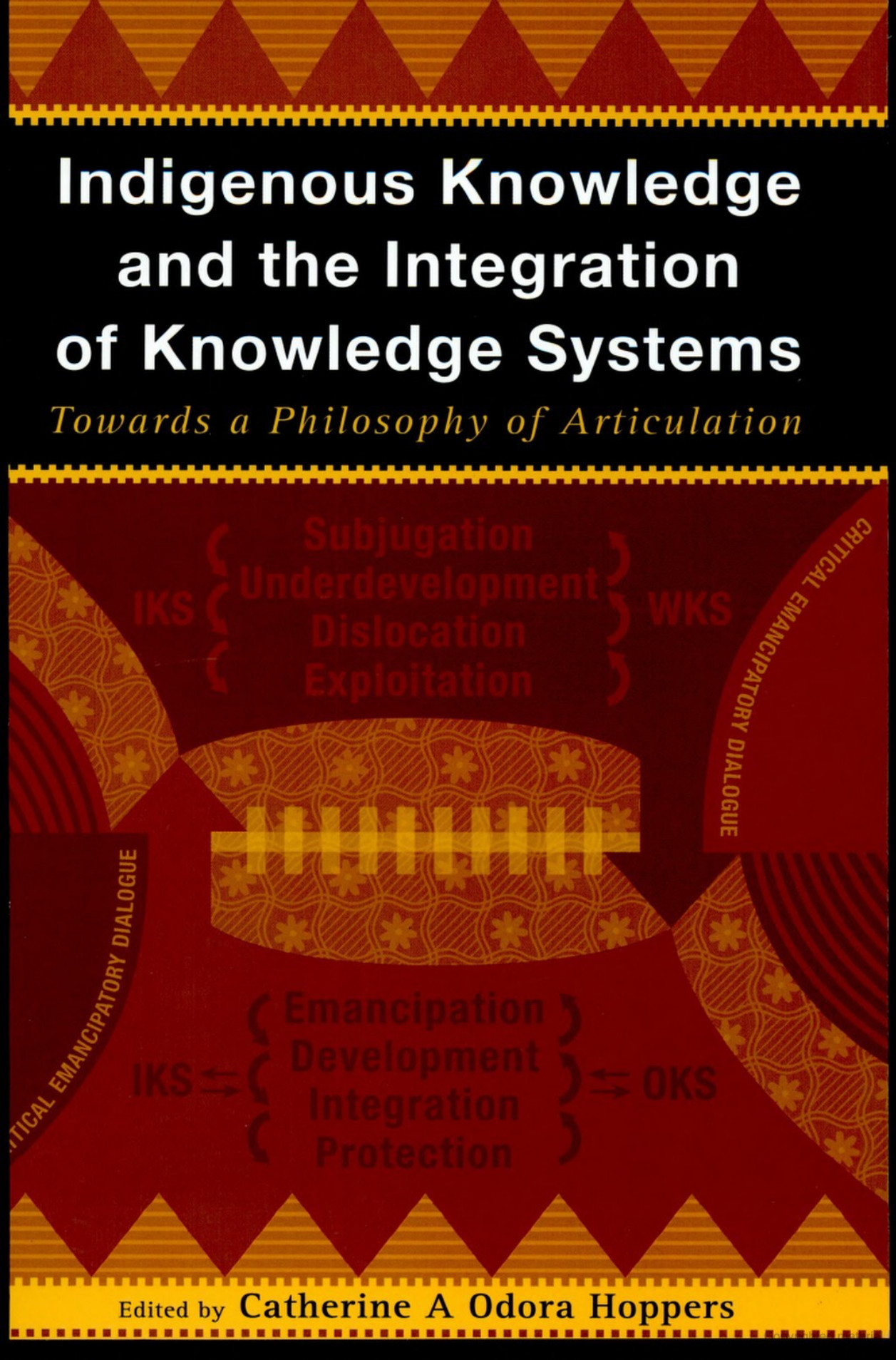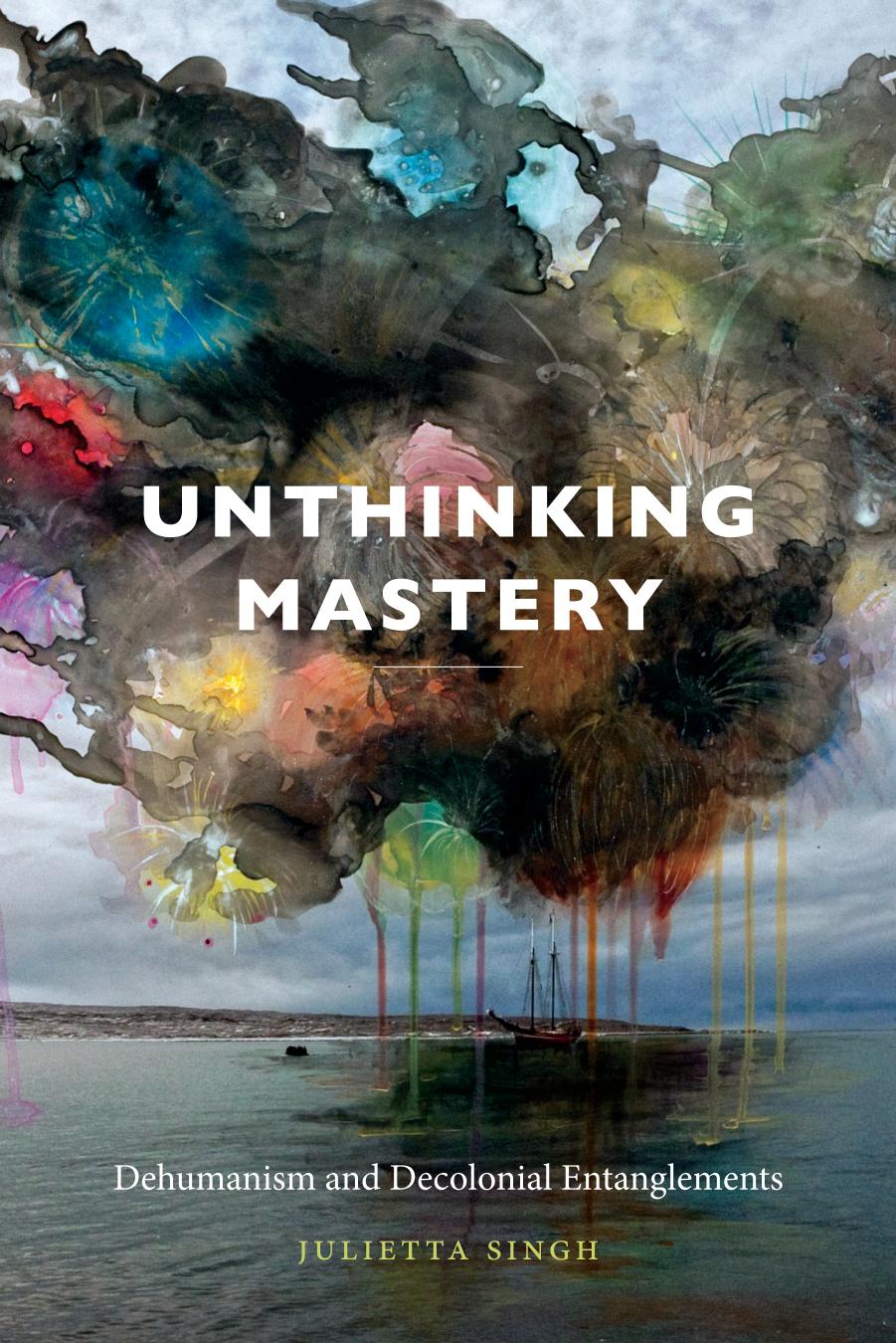Contemporary And (C&): Platform for International Art from African Perspectives, 1-9 (2014-2018)
Filed under magazine | Tags: · africa, art, art criticism, art history, colonialism, contemporary art, decolonization, diaspora, migration, postcolonialism


“Contemporary And (C&) is an online art magazine and a dynamic space for the reflection on and linking together of ideas, discourse and information on contemporary art practice from diverse African perspectives.”
Edited by Julia Grosse, Yvette Mutumba, Will Furtado, a.o.
Publisher Contemporary And (C&) & Institut für Auslandsbeziehungen (ifa), Stuttgart
Open Access
HTML (online platform)
PDFs (print issues):
Issue 1: Dak’Art 14 (Dakar Biennale Special) (Apr 2014)
Issue 2: Kampala Focus (Sep 2014)
Issue 3: Focus Migration (Jun 2015)
Issue 4: Focus Bamako (10th Bamako Encounters – African Biennale of Photography Special) (English/French, Sep 2015)
Issue 5: The Interview Issue (Feb 2016)
Issue 6: Afro-Brazilian Perspectives (32nd Bienal de São Paulo Special) (Sep 2016)
Issue 7: Curriculum of Connections (documenta 14 Special) (Jun 2017)
Special Edition: #Nairobi (Sep 2017)
Issue 8: Conditions (Art Scene Cameroon Special) (Dec 2017)
Issue 9: You Are Already in it: Looking at a Global Diaspora (10th Berlin Biennale Special) (Jun 2018)
Catherine A. Odora Hoppers (ed.): Indigenous Knowledge and the Integration of Knowledge Systems: Towards a Philosophy of Articulation (2002)
Filed under book | Tags: · africa, cultural anthropology, ethnoscience, indigenous knowledge, indigenous peoples, knowledge, postcolonialism

“This book explores the role of the social and natural sciences in supporting the development of indigenous knowledge systems. It looks at how indigenous knowledge systems can impact on the transformation of knowledge generating institutions such as scientific and higher education institutions on the one hand, and the policy domain on the other.”
With contributions by Paulin J. Hountondji, C. Shiv Visvanathan, P. Pitika Ntuli, Scott Fatnowna, Harry Pickett, Peter Crossman, Rene Devisch, B. O. Tema, A. M. S. Majeke, L. Mqotsi, Françoise Vergès, R. A. Mashelkar, Robert Mshana, and Birgit Brock-Utne
Publisher New Africa Books, Claremont, South Africa, 2002
ISBN 1919876588, 9781919876580
xiv+285 pages
via anthem231
Review: Howard A. Doughty (Innovation Journal, 2005).
PDF (18 MB)
Comment (0)Julietta Singh: Unthinking Mastery: Dehumanism and Decolonial Entanglements (2018)
Filed under book | Tags: · decolonization, entanglement, literary criticism, postcolonialism

“In Unthinking Mastery Julietta Singh challenges a core, fraught dimension of geopolitical, cultural, and scholarly endeavor: the drive toward mastery over the self and others. Drawing on postcolonial theory, queer theory, new materialism, and animal studies, Singh traces how pervasive the concept of mastery has been to modern politics and anticolonial movements. She juxtaposes destructive uses of mastery, such as the colonial domination of bodies, against more laudable forms, such as intellectual and linguistic mastery, to underscore how the concept—regardless of its use—is rooted in histories of violence and the wielding of power.
For anticolonial thinkers like Fanon and Gandhi, forms of bodily mastery were considered to be the key to a decolonial future. Yet as Singh demonstrates, their advocacy for mastery unintentionally reinforced colonial logics. In readings of postcolonial literature by J. M. Coetzee, Mahasweta Devi, Indra Sinha, and Jamaica Kincaid, Singh suggests that only by moving beyond the compulsive desire to become masterful human subjects can we disentangle ourselves from the legacies of violence and fantasies of invulnerability that lead us to hurt other humans, animals, and the environment.”
Publisher Duke University Press, Durham, 2018
ISBN 9780822369226, 0822369222
xi+201 pages
Reviews: Melinda Backer (ASAP Journal, 2018), Justyna Poray-Wybranowska (Contemporary Women’s Writing, 2018), Michael Mulvey (Studies in 20th & 21st Century Literature, 2018).
Interview with author (Roberto Sirvent, Black Agenda Report, 2018)

